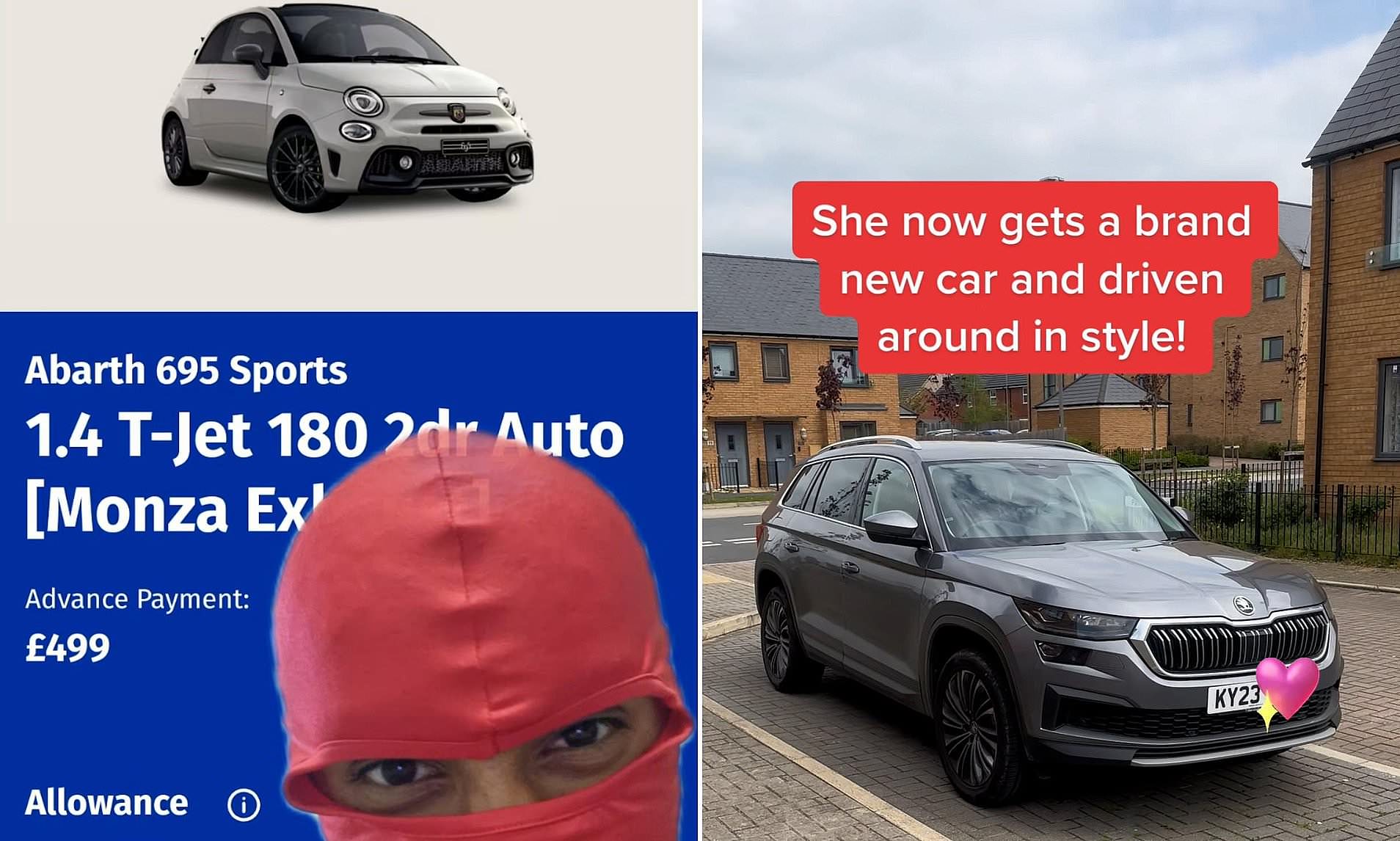Overview of the Motability Scheme and Its Controversies
The Motability scheme, initially designed to assist individuals with serious physical disabilities in gaining mobility, has recently come under scrutiny due to its use for a wide range of conditions. Taxpayers are reportedly funding vehicles for people suffering from ailments such as anxiety, constipation, and tennis elbow, raising concerns about the allocation of public funds.
New figures reveal that the government-backed scheme is also being used by drivers who have struggled with alcohol or drug abuse. While the scheme was intended to support those with significant mobility challenges, it now includes a broad spectrum of conditions. For example, over 32,000 vehicles were allocated to individuals with anxiety or other depressive disorders, while 40 cars went to those with ‘tennis elbow,’ a condition typically resolved with rest.
Further data highlights that 20 individuals with constipation, 190 with social phobia, and 10 with ‘failure to thrive’ also benefited from the scheme. Additionally, 20 people with food intolerance received vehicles through Motability. These figures were released in response to a Parliamentary Question and published on the Guido Fawkes website, which noted that £600 million was allocated to the scheme in 2024, with approximately 589,000 claimants in England and Wales receiving publicly-subsidized cars.
A Range of Conditions Covered
The list of conditions covered by Motability includes:
- ADHD/ADD: 9,090
- Alcohol misuse: 770
- Anxiety and depressive disorders: 32,160
- Anxiety disorders – other/type not known: 2,600
- Back pain: 6,760
- Constipation: 20
- Depressive disorder: 7,460
- Elbow disorders – other/type not known: 50
- Obesity: 800
- OCD: 650
- Phobia – social: 190
- Tennis elbow (lateral epicondylitis): 40
- Allergy risk of anaphylaxis unknown or not fully assessed: 10
- Failure to thrive: 10
- Food intolerance: 20
Eligible benefit claimants can exchange a portion of their payments for a new car, scooter, or powered wheelchair. The scheme has also provided vehicles to individuals with obesity (800 cars) and Tourette’s syndrome (230 cars). Additionally, 770 people with alcohol misuse and 220 with drug misuse issues have leased cars from Motability.
Criticisms and Concerns
Campaign group Crush Crime has criticized the scheme, stating that it is easier for a drunk driver to obtain a free car than receive a lifetime driving ban. However, Motability clarified that anyone with an unspent drink-driving conviction cannot drive their vehicles. The scheme has faced backlash for being exploited, with some individuals online boasting about gaming the system to get cars ‘basically free.’
Motability has grown significantly, purchasing one in five new cars sold in Britain. Friends or relatives of customers can also drive the vehicles. The company’s CEO earns £750,000 annually, and Motability Operations holds a £4 billion surplus, all funded by taxpayers.
Social Media Influence and Abuse
TikTok influencers have contributed to the controversy by encouraging Britons to take advantage of the scheme. One influencer, using a red balaclava to conceal his identity, shared tips on how to obtain a £31,000 car for ‘essentially free.’ He advised followers on how to qualify for the Motability scheme and even suggested taking the government to court if denied.
Another video showed a user driving a £29,850 Seat Arona, claiming it was obtained ‘for free’ through the scheme. The influencer revealed that he acquired the vehicle by presenting a letter from Motability at a dealership, leading to quick delivery.
Some families have taken advantage of the scheme to upgrade their vehicles. A mother shared a video of her autistic daughter being driven around in a £36,000 Skoda Kodiaq, leased for £3,299 through Motability.
Eligibility and Misuse
Claimants must prove they struggle to leave their home or plan and follow a journey route without help to qualify for the required ‘12 points.’ John O’Connell of the TaxPayers’ Alliance urged the government to review the criteria before the situation worsens.
Motability Operations stated that eligibility for the scheme is determined by the Government, and any misuse is handled by Motability and the police. The Department for Work and Pensions confirmed that individuals receiving eligible benefits can join the scheme.
Notable Incidents
One notable case involved Bernard and Ann McDonagh, who were convicted of ‘dine and dash’ offences after using a Motability-funded Ford Transit van to escape a restaurant bill. Their case highlighted the potential for misuse of the scheme, with the vehicle becoming a getaway car rather than a tool for mobility.
For those in need of transportation due to a disability, Motability vehicles can be essential. However, the allocation of funds to less urgent cases raises questions about the immediate benefits to taxpayers. Vehicles such as the Dacia Spring and Nissan Juke SUV are available at little or no upfront cost, but high-end models like the BMW i4 M Sport and Mercedes-Benz CLA Coupe also fall within the scheme.
Once a lease expires, Motability sells the vehicles on the open market, with profits reinvested into the company. Labour peer John Mann has called for tighter criteria, questioning the necessity of frequent vehicle changes and suggesting that some of the accumulated funds should return to the exchequer.







